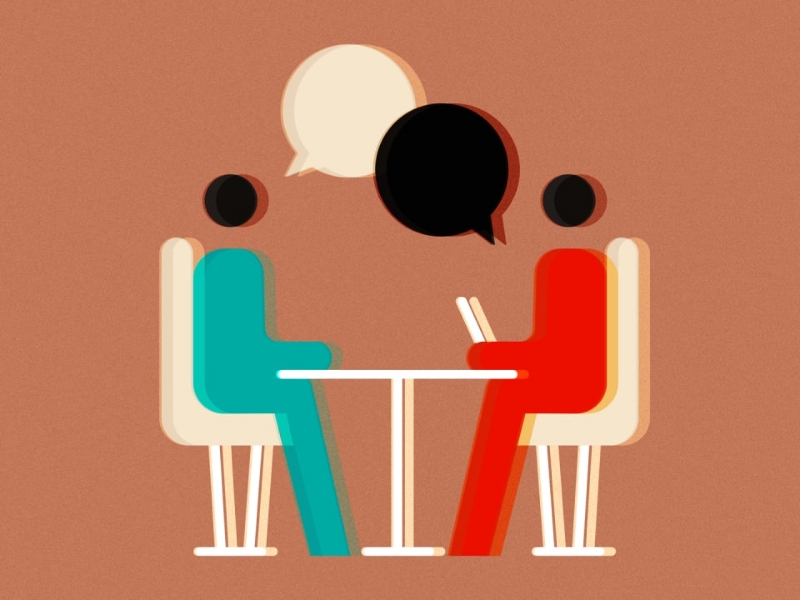Source: Fast Company
Author: Sanjoe Jose
A bad hire can cost as much as $240,000, but what about the cost of conducting poor-quality interviews? It’s a difficult one to calculate in dollars, but it’s undeniably significant.
With the Great Resignation showing no signs of slowing, companies are desperate for talent with millions of vacant positions to fill. But organizations are oblivious to the fact they are losing time, money, and talent by focusing solely on candidates’ performance in interview processes instead of looking at the interviewers themselves. Ultimately, an interview is a two-way street.
There is plenty of information and stats about how candidates can make a good impression or prepare for interviews. Yet, interviewers are left out of the equation: What if they are not asking relevant questions or have unconscious biases?
Put simply: How can you effectively measure candidate performance in an interview if you can’t ensure a quality interview process?
Some interviewers manage interview processes effectively, but increasingly, HR leaders are looking to artificial intelligence (AI) to solve these hiring challenges. Let’s face it, AI and analytics-driven coaching or training for interviewers have become a necessity. The inability to access quality talent is an Achilles heel for fast-growing organizations.
Becoming an entrepreneur early in my professional career meant I had to hire lots of people. Fast. I scoured books, journals, and articles to educate myself on hiring best practices. But there was a severe shortage of actionable insights on conducting an interview and gaining a better understanding of candidates’ personalities, behaviors, and motivations.
I quickly realized that a successful professional doesn’t automatically have solid interviewer skills.
Interviewers are certainly well-intentioned, but they can lack the necessary means to elicit the most job-related and predictive information from candidates and frequently fail to probe important topics. Often, interviewers’ inaccurate standardization across interview processes results in a lack of fairness, clarity, and confidence in talent hiring decisions.
Essential interviewer skills that are overlooked
After decades of working as an interviewer, recruiting hiring leads, and creating innovative technology to tackle hiring problems, I’ve identified elements that often get forgotten:
- Setting candidates at ease
- Portraying your organization as an ideal place to work
- Discussing the importance of the position in question
- Explaining how the candidate will contribute to the overall success of the organization
These gaps in training can immediately incur costs for companies since candidate experience is a fundamental hiring metric. Job seekers dissatisfied with interview processes can quickly take to online platforms like Glassdoor to vent and threaten an organization’s reputation. You could lose top candidates in today’s fast-paced market.
Measuring interviewers’ ability to comply with EEOA and organizational values
Given human nature, without training or monitoring, unconscious bias is always waiting around the corner to creep into your hiring processes. Preconceived perceptions about candidates’ work history, gender, appearance, and race, among other aspects, can decrease the effectiveness of interviews.
There are clear laws in place, such as the Equal Employment Opportunity Act (EEOA), that prohibit interviewers from asking questions in a job interview that can lead to discrimination. But with a minefield of questions to avoid and interviewers’ enthusiasm to find the best-matched candidates, these standards can be left behind, and those illegal questions are still asked.
Even after years of experience, interviewers can always stand to improve their skills and interview techniques. Still, less than 3% of hiring managers pursue interview training or coaching in their own time. That’s where senior leadership at organizations must proactively invest in training and/or deploy the latest AI analysis technology so hiring managers can identify unconscious bias and improve interview quality to acquire top talent.
A senior executive doesn’t have time to monitor all interviewers’ conversations to analyze biases, talk ratios, and appropriate probing. But AI capabilities can help guide interviewers through the entire process:
- Preparing for the interview, greeting the candidate, and positively branding the organization.
- Addressing relevant topics, transitioning between subjects, and maintaining a conversational tone.
- Closing the interview, achieving a positive candidate impression, and ensuring the next steps in the hiring process are discussed.
Supervisors should be able to review a summary of an interview, with detailed transcriptions to determine if interviewers are following organizational policies, regulatory compliance, and diversity and inclusion goals.
There are many HR dashboards and collaborative tools out in the marketplace that centralize KPIs, monitor recruitment (like time-to-hire), and, at a glance, allow managers to assess their team’s activities. These tools remove some of the guesswork when evaluating the effectiveness of a recruitment team. Psycholinguistic frameworks and highly nuanced AI models can analyze interview conversations and evaluate candidates and interviewers simultaneously, maximizing the effectiveness of interviews.
AI technology can also provide interviewers with feedback to help them continuously improve their interviewing techniques and train other interviewers in an organization and industry. Among other HR technologies, it is a key addition to any organization serious about fair, informed hiring practices and improvements in diversity, inclusion, and overall talent quality.
Sanjoe Jose is the CEO and founder of Talview.

